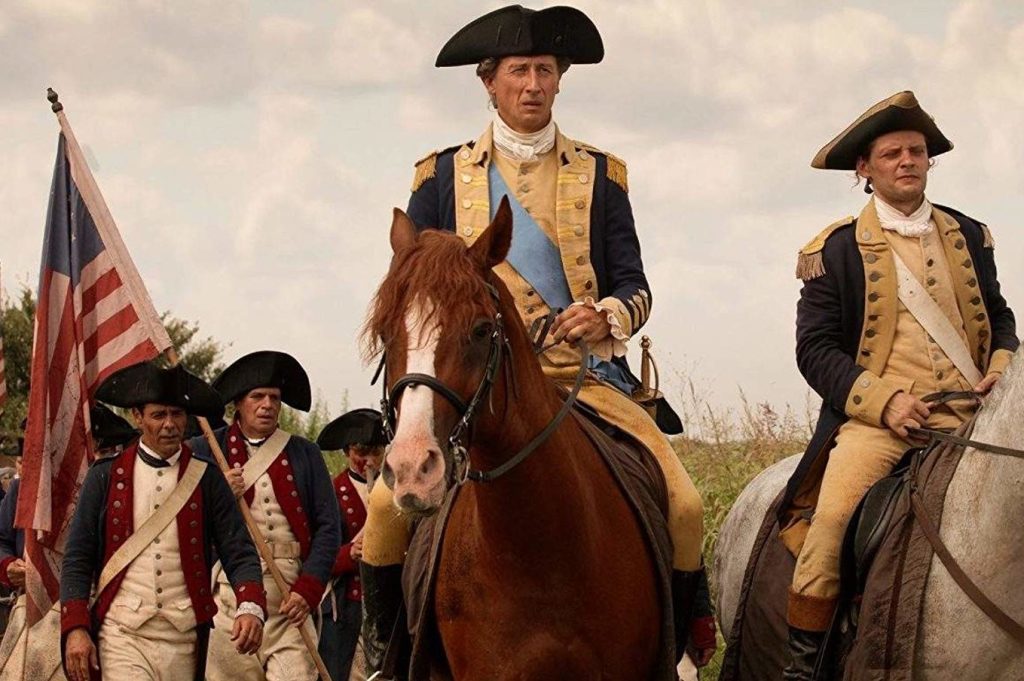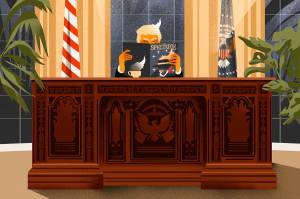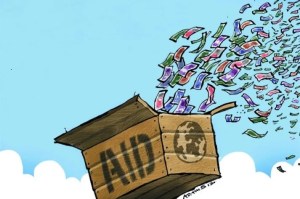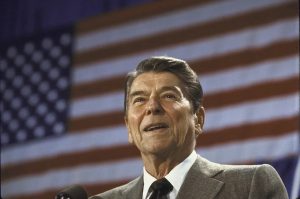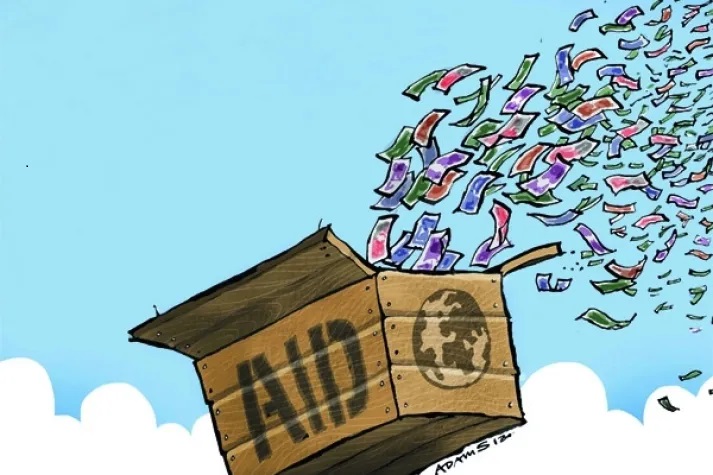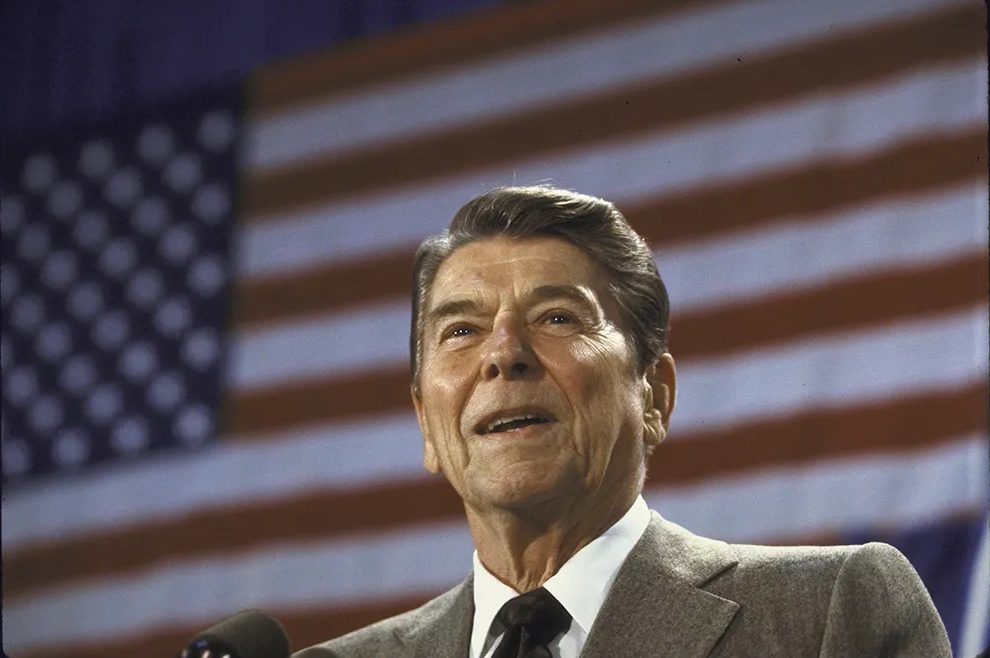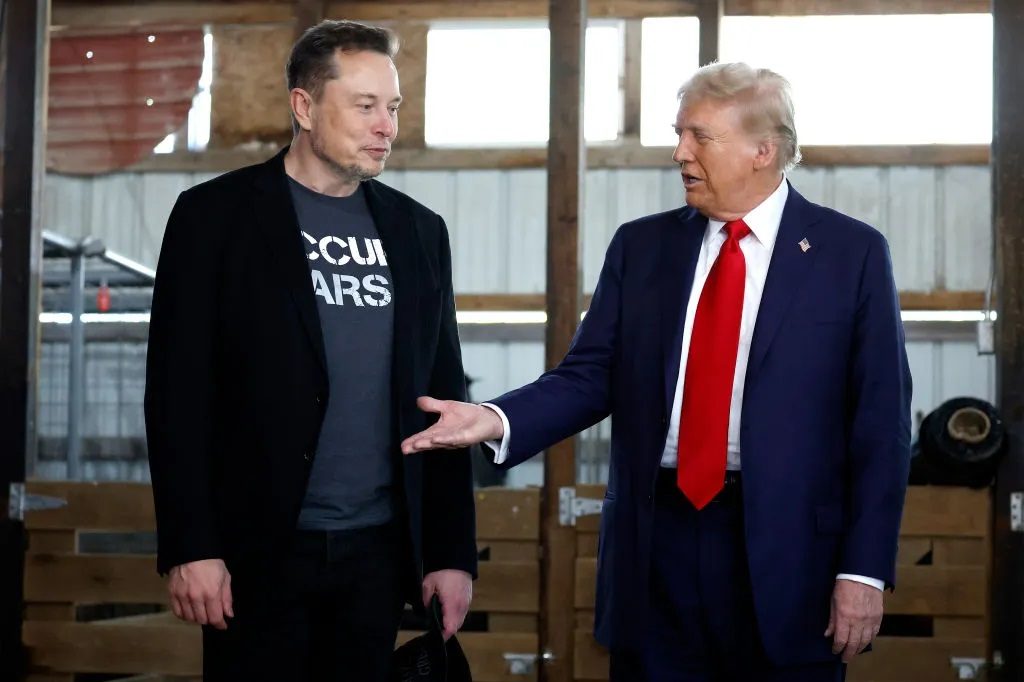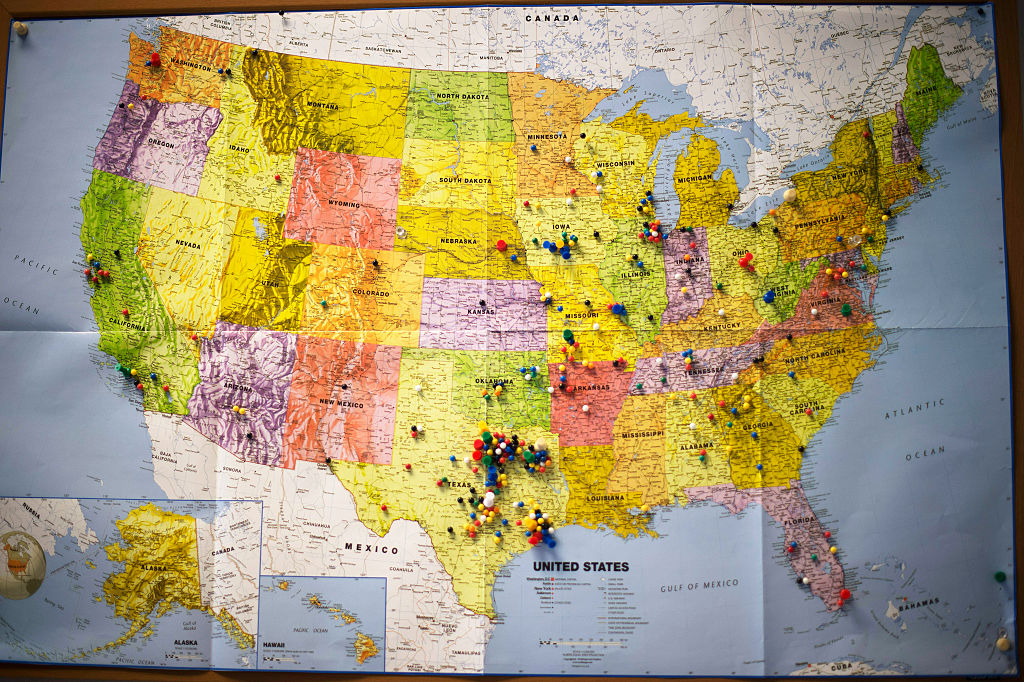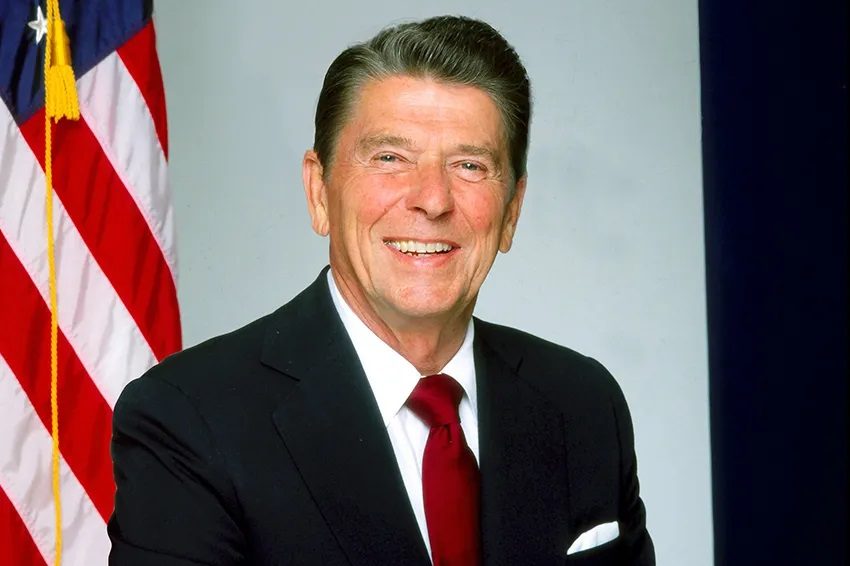Founded 25 years ago, the History Channel quickly earned the nickname the ‘Hitler Channel’ for its relentless bombardment of World War Two programming. By the late-2000s, the ‘history’ began to morph. With its crown jewels Pawn Stars, Ice Road Truckers and Ax Men, the channel adopted the not-very-historical slogan ‘History Made Everyday’. There were still historical programs, but they weren’t necessarily accurate, and the headliners were historically-based dramas like Vikings, Knightfall and the highly disappointing Sons of Liberty.
The current lineup features Ancient Aliens, Swamp People, Project Blue Book and American Pickers. Viewers might be forgiven for questioning the network’s name; a notable exception, The Curse of Oak Island, is one of the greatest shows currently on TV, so its historical inaccuracy is excused. Derided by the Smithsonian Magazine and an entire South Park episode for its fantastical, conspiratorial, and just plain ahistorical programs, the legitimacy of the History Channel has been reduced to a reoccurring social media meme: ‘I’m not saying it was aliens… but it was aliens.’
This past week, however, the miniseries Washington has reintroduced the sort of programing that the network needs. Washington brings the history back to the History Channel. Its three two-hour episodes aired from Sunday February 16 through Tuesday February 18, to coincide with Washington’s Birthday — and not Presidents Day, a holiday which technically doesn’t exist and only gained informal recognition in 1971 when, as all schoolchildren know, Washington’s Birthday was moved to gain an extra three-day weekend.
Produced by Pulitzer Prize-winner and bestselling author Doris Kearns Goodwin (whose work includes Team of Rivals, which became the Academy Award-winning Lincoln) and narrated by actor Jeff Daniels (who played Washington in the TV movie The Crossing), the show blends scripted historical scenes with ‘talking head’ experts. Washington is essentially a docudrama that explores the life of George Washington as a flawed but ‘indispensable man’.
The series was accompanied by an unofficial, three-day-long live-tweeting session hosted by this author and featuring commentary from Mount Vernon, many of the show’s historical experts, historians, and interested viewers (see #GWHistory on Twitter). While there are some historical inaccuracies and omissions, decent but unspectacular filmography and choppy chronology, Washington is a balanced and successful biographical representation of both the man and his times.
Washington is ably played by Scottish actor Nicholas Rowe, best known for Young Sherlock Holmes, The Crown, and, like every British actor, Midsomer Murders. At 6’4”, Rowe has the Washington height and general look, but not the strong jawline of a true doppelgänger. Still, his portrayal is admirable and convincing, although not as enjoyable as Turn’s Ian Kahn). While the 54-year-old actor is a fitting choice for Revolutionary-era Washington, he is less believable as a 22-year-old at the beginning of the series. The rest of the cast is generally lesser known, although fellow Scot James Robinson (as Alexander Hamilton) previously portrayed a young William Wallace in Mel Gibson’s Braveheart.
Without the distractions of A-list actors, the dramatic story of Washington is the star of the series. Director Matthew Ginsburg (who has frequently worked with the History Channel), the producers, and writers are clearly concerned with maintaining historical integrity and are to be commended. Their team of on-screen experts include prominent early American academic and pop historians, such as Pulitzer Prize-winners Joseph Ellis, Annette Gordon-Reed and Alan Taylor, and top Washington scholars like Douglas Bradburn, Edward Lengel, Erica Dunbar and Lindsay Chervinsky, among many more (though where were Washington titans David Hackett Fischer and Ron Chernow?). Their commentary, juxtaposed with scenes from Washington’s life, is appropriate, insightful and balanced in a way that is especially hard to achieve in the present day, given the polarization surrounding the Founders, especially lately, with a recent upsurge due in part to the New York Times’s controversial ‘1619 Project’.
Some notable non-historians also appear in the series: President Bill Clinton and General Colin Powell. Clinton appears often throughout the episodes, but is most effective when discussing the presidency. Powell’s discussion of the realities of war and command are stellar and this is perhaps the best use of a non-expert in a historical documentary ever.
The dramatic scenes may not be Oscar caliber and the slow-motion, weather-drenched battle sequences are reminiscent of the movie 300, but care (and obvious research) is taken to capture the characters’ historically accurate words. President Washington’s tirade to his cabinet surrounding press criticism sticks closely to Thomas Jefferson’s notes. Meanwhile there is some contradiction prior to the Battle of the Monongahela scene. Speaking of Native American ambushes, British General Edward Braddock (Roger Alborough) says to the young Washington, ‘These savages may, indeed, be a formidable enemy to your raw American militia, but upon the King’s regular and disciplined troops, sir, it is impossible they should make any impression.’ Braddock really did said this, but to Benjamin Franklin (who recorded it in his Autobiography).
Where the History Channel deserves the most credit is for its depiction of Washington and the Continental Army crossing the Delaware River on December 25, 1776. The crossing has been immortalized by the famed Emanuel Leutze masterpiece, featuring a triumphant and standing Washington being rowed across an ice-covered river by every conceivable variant of American soldier. However, this depiction was created 75 years after the event and is highly inaccurate. Instead Ginsburg again goes for accuracy and bases his version of the crossing on Mort Künstler’s 2011 painting Washington’s Crossing at McKonkey’s Ferry, which more closely resembles what occurred. But the Leutze imagery is still so iconic that to resist recreating his scene must have taken tremendous directorial courage — and it paid off.
Naturally there are difficulties. The chronology jumps around with tremendous speed and hinders a clear understanding of Washington’s personal development. For instance, Episode One strangely begins in 1754 with a young Lt. Col. Washington of the Virginia Militia at the start of the French and Indian War, rather than with his birth in 1732, his formative relationship with the aristocratic Fairfax family or even his first diplomatic mission in 1753 to parlay with the French in the Ohio Valley. In Episode Three, Washington’s Farewell Address is delivered after his death, rather than being at the end of his presidency where it belongs. There are flashbacks to these and other events, but the viewer (especially one unfamiliar with the story) is left confused. Similarly, the biographically obscure period between the French and Indian War and the Revolution is glossed over with a flurry of British legislations and taxes, in order to get to the Revolutionary main event.
After the French and Indian War, Washington resigned from the militia when his rank was about to be reduced from colonel to captain. The narration implies he did this because of his defeat at Fort Necessity. The real reason for the change in rank is actually more compelling and offers greater insight into Washington’s character. British officers claimed to outrank any Colonial officer, creating tension between the forces. Colonel Washington, as the highest-ranking colonel in Virginia, was particular vocal about this. When all officers of the Virginia militia were restricted to the rank of captain or below in order to silence the complaints, Washington was incensed and resigned. He took rank and honor very seriously.
Episode Two pays a great deal of attention to the Conway Cabal, a shady maneuver during the mid-point of the Revolution, where other officers may have attempted to remove Washington from command. This focus is worthwhile, but the episode completely leaves off the Battle of Monmouth, where Washington showed great personal bravery and leadership by leading a charge against the British lines, and which solidified Washington’s command at the expense of his rival, General Charles Lee.
The story in Washington is fairly standard; there are no shocking revelations or fresh discoveries. History aficionados (and certainly historians) are unlikely to learn many groundbreaking things about America’s first president, while viewers who are new to the story or only aware of the cherry-tree lore may be enthralled. But whatever your familiarity with Washington, this series is an enjoyable experience. Washington is an insightful take on the ‘Father of His Country’ that focuses less on the demigod made of marble and more on the flawed man who often failed but still achieved extraordinary feats.
We live in a time where politicians regularly invoke the words of Washington (often without understanding the historical nuances) and the office of the president is regularly called into question. Even a little knowledge of Washington, ‘the foundingest father of them all’ according to Ellis, can go a long way to making the United States and the world a better place. And hopefully the popularity of the series prompts the much-needed and long-waited major Hollywood movie about Washington. Attention, Hugh Jackman!



